The Different Types of Lotteries Around the World
Discover how lotteries diversify globally, impacting economies and cultures in various nations.
The Lottery House
tags:
world lottery
history
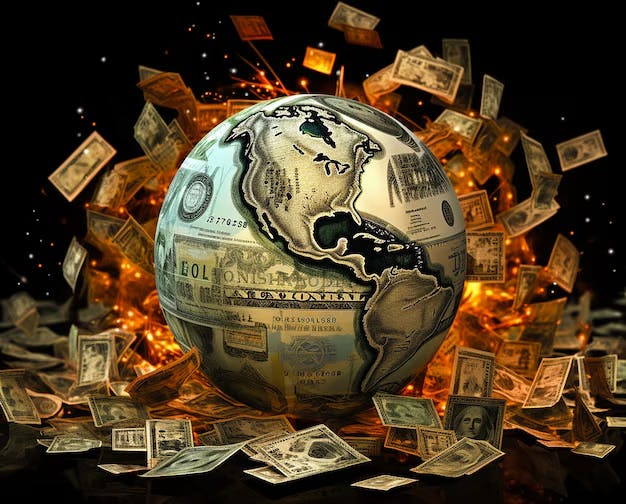
Introduction:
Lotteries are a form of entertainment and hope that transcends borders, uniting people through the promise of life-changing opportunities. Around the world, each country has its own types of lotteries with unique rules, prizes, and economic impacts. From classic weekly draws to technological and social innovations, lotteries are more than just games; they reflect the societies in which they exist.
In this article, we will explore some of the most fascinating types of lotteries around the world, highlighting their specific characteristics, how they are played, their economic and social impacts, and how these games have become essential elements of local culture and economy in different countries.
Lotteries in the United States: Mega Millions and Powerball
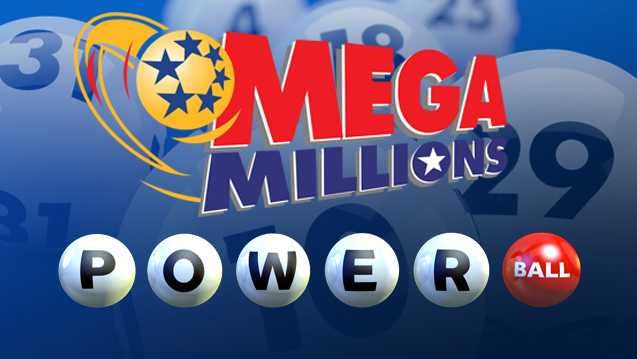
In the United States, the lotteries Mega Millions and Powerball are true cultural and economic phenomena.
Mega Millions is known for its enormous jackpots and the excitement it generates with each draw. Launched in 1996, the lottery allows participants to choose 5 main numbers from a set of 70 and 1 Mega Ball number from a set of 25. Draws take place on Tuesday and Friday nights, with live broadcasts increasing anticipation among players.
In October 2018, the lottery set a new world record by awarding $1.537 billion to a single winner in South Carolina. This colossal jackpot drew global attention, highlighting Mega Millions as one of the most prestigious and lucrative lotteries in the world.
In addition to cash prizes, Mega Millions plays a significant role in the economies of participating states. Tickets are sold in 45 U.S. states, the District of Columbia, and the U.S. Virgin Islands. Revenue from sales is directed towards education and other social programs, directly benefiting local communities.
On the other hand, Powerball stands out not only for the size of the prizes offered but also for how it captures the public's imagination. Launched in 1992, it has become one of the most recognized and played lottery games in the U.S. Its format is simple: participants choose 5 main numbers from a set of 69 and 1 additional Powerball number from a set of 26. The draw takes place twice a week, on Wednesday and Saturday nights, with live broadcasts amplifying excitement and public participation.
What makes Powerball so attractive is the size of its jackpots. Initial prizes start at $40 million and grow with each draw where the jackpot is not won. These jackpots can reach hundreds of millions of dollars, and Powerball holds records for impressive prize amounts. For instance, in January 2016, a record-breaking jackpot of $1.586 billion was split among three winners.
In addition to the enormous prizes, Powerball also significantly contributes to the economy of the states where it is operated. Sales revenues fund education and other social purposes, making the lottery a crucial source of funding for public services.
Lotteries in Europe: EuroMillions and El Gordo
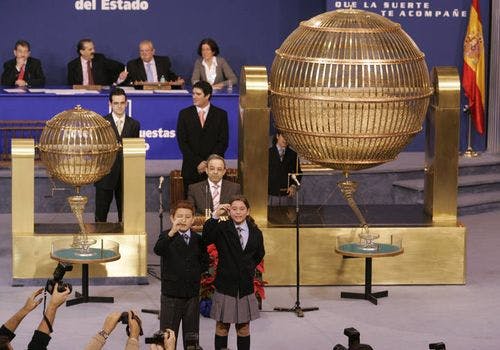
In Europe, EuroMillions is one of the most popular lotteries, played in several countries including France, Spain, and the United Kingdom. The format is similar to American lotteries, with substantial jackpots and frequent draws. EuroMillions' highlight is its multinational draws, which create an international player base and expand potential prizes.
On the other hand, in Spain, El Gordo lottery is a centuries-old tradition. Known for having one of the world's largest prizes, it is famous for distributing massive sums in a single annual draw known as "Sorteo Extraordinario de Navidad". The draw is a national event, broadcast live and followed by millions of Spaniards who see it not only as a chance to win but also as a unique cultural and social moment.
Lotteries in Asia: Taiwan and Japan Lotteries
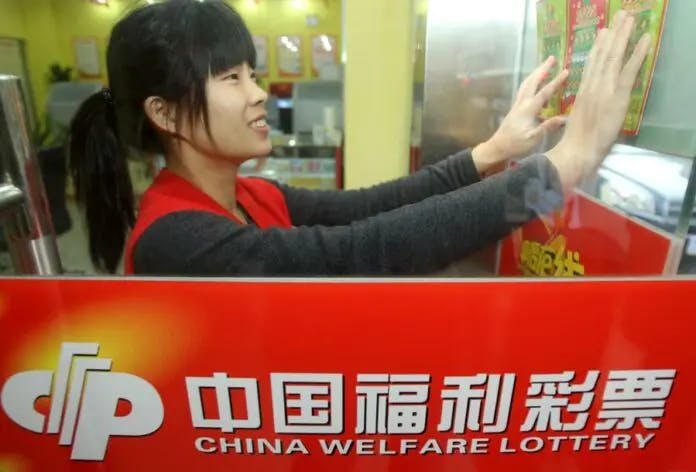
In Asia, lotteries play a significant role in local culture and economy. In Taiwan, the Public Welfare Lottery offers frequent draws with substantial prizes. The lottery's popularity is driven not only by the promise of prizes but also by significant contributions to social and welfare programs.
In Japan, the lottery known as Takarakuji offers a variety of games, from daily draws to special events like the "Big Drawing". Participation is high among Japanese citizens, who see the lottery not only as a chance to win money but also as a way to support social and community causes.
Lotteries in Latin America: National and Regional Lotteries

In Latin America, lotteries are an intrinsic part of the culture and are operated nationally and regionally. In Brazil, Mega-Sena is the most popular lottery, with weekly draws and substantial prizes.
In addition to regular contests, Mega-Sena also has a special draw called Mega da Virada. Created in 2009 by Caixa Econômica Federal, it stands out not only for substantial prizes but also for the tradition of marking the end of one year and the beginning of another with renewed hope and high expectations. Mega da Virada's uniqueness lies in its prize structure; in this contest, the prize does not accumulate. This ensures that, regardless of the outcome, someone always walks away with a big prize on the last day of the year.
Besides providing excitement and entertainment, Mega da Virada also has a positive impact on the local economy. Part of ticket sales revenue is allocated to social and cultural projects by the government, benefiting diverse communities across Brazil.
In other countries in the region, such as Argentina and Mexico, lotteries are also very popular. They not only provide entertainment and hope but also generate significant revenue for the government, which is reinvested in infrastructure, health, and education.
Lotteries in Africa: State Lotteries and Social Impact
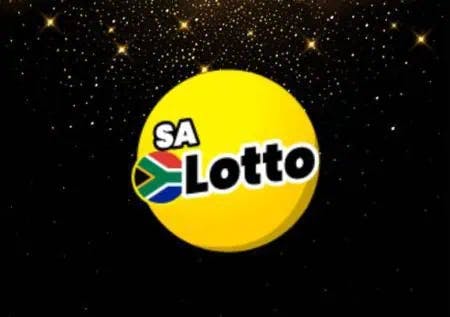
In Africa, lotteries play various roles depending on the country. In many places, state lotteries are a crucial source of funding for social and development programs. Countries like South Africa, Nigeria, and Kenya have their own lotteries operating within legal and regulated frameworks.
For example, the South African National Lottery is known for its commitment to social responsibility, allocating a significant portion of its revenue to charity and community development initiatives. This not only helps alleviate poverty but also strengthens social bonds and community cohesion.
Conclusion:
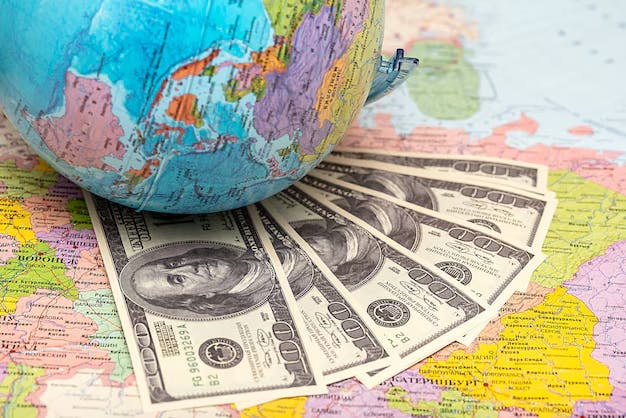
Lotteries around the world are much more than games; they are institutions that reflect and shape cultures, economies, and societies. Each type of lottery has its own peculiarities, from the enormous jackpots of American lotteries to the traditional and cultural draws of Spain and the social contributions of African lotteries.
In addition to offering the chance to win significant prizes, lotteries provide vital funding for education, health, culture, and social welfare in many countries around the world. They are a source of hope and entertainment for millions of people, uniting communities and contributing to global economic development.
Therefore, by exploring the different types of lotteries existing in different countries, we can better understand how these games influence and are influenced by the societies in which they operate, demonstrating how cultural diversity is reflected in how people dream and bet for a better future.